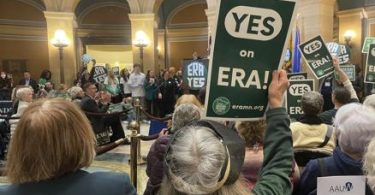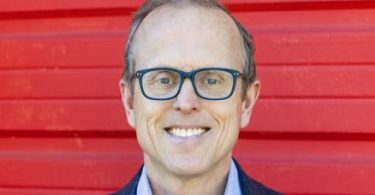
Nirmala Devi is leading the fight against HIV in her small Indian community. | Photo: Samrat Mandal/UNDP India
An uneducated, mother-of-two is leading the charge in her small Indian village’s fight against HIV.
Nirmala Devi was just elected the village leader working with those at high risk of acquiring HIV in rural areas.
Devi helps to link them up with local health services, encourages behavioural change, and advocates for policy change.
About 2.4 million people are living with HIV in India, which is one of ten countries in the Asia Pacific that accounts for 90% of new HIV cases.
But a unique government scheme in India run with the help of the United Nations Development Programme (UNDP) is trying to change that. The Link Worker Scheme engages people in rural parts of the state, Chhattisgarh, to train them in how to help people at risk of HIV.
‘They call me the leader that only talks about HIV/AIDS,’ Devi said.
She’s working in Pauwara village in Durg district in the central Indian state of Chhattisgarh.
Devi is an unlikely advocate on an issue that many people in India refuse to acknowledge.
She didn’t even know about HIV until she was offered the job.
‘As an elected representative I will take legal action against anyone who discriminates on the basis of HIV/AIDS but my hope is that one day very soon my neighbor nearby who is positive has the courage to talk about it freely,’ she said.
Since it started regular testing in 2003, the scheme has seen a ten-fold increase in new HIV cases. BUt as a result they are more quickly linked to appropriate health services and information.
The scheme has also help PLHIV get food at subsidized prices and has provided almost 300 paralegals with sensitization training.
Indian HIV stigma
‘When I was first diagnosed I felt I was the world’s only HIV patient,’ said 32-year-old, Mukesh.
Mukesh is now the coordinator of the District Network of People Living with HIV in a nearby town.
He channelled his despair into collectively mobilizing what is now a 300-strong network of positive people.
‘By helping people get tested, monitoring follow-ups on anti- retroviral therapy, and providing counseling, we try and address the harsh discrimination we face in society and advocate for our rights,’ he said.






